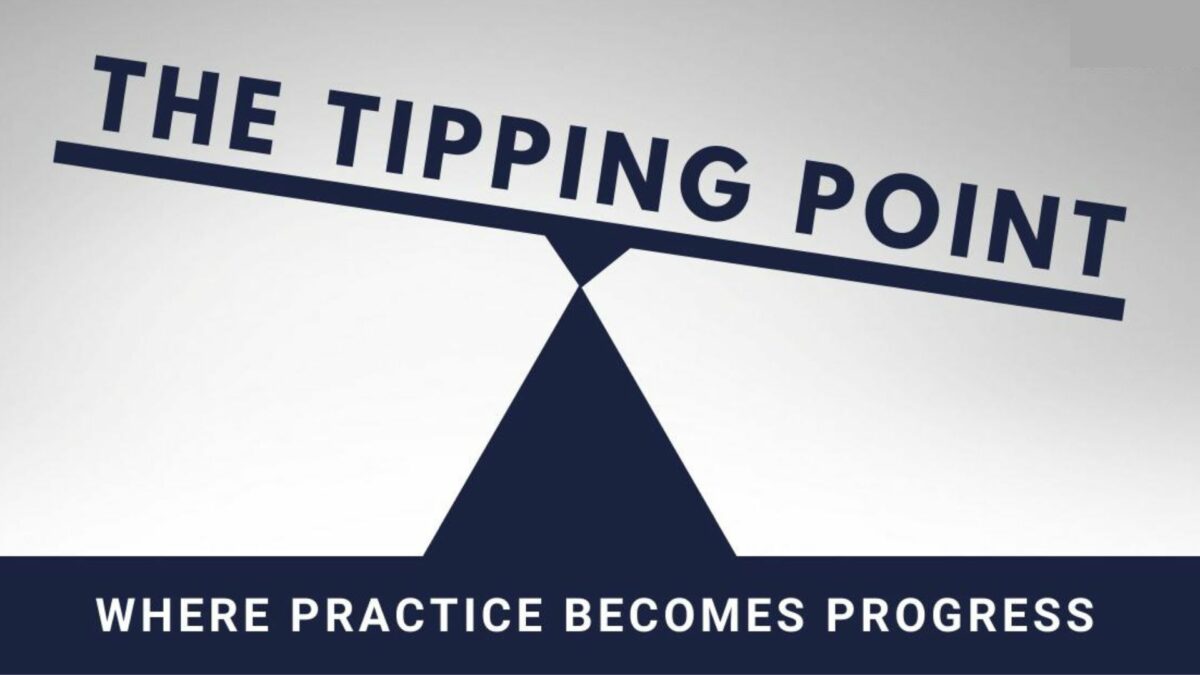“I went to the bank and reviewed my savings, I found out I have all the money I’ll ever need. If I die tomorrow.”
–Henry Youngman
“It’s a fine line between frugal and being a cheap *$#&$.”
–Anonymous
I loved Thomas J. Stanley’s book The Millionaire Next Door. I found the stories inspirational, and they aligned with my beliefs. Ostentatious showiness is often a cover-up for a poor life – both in the financial and in the mental/spiritual sense, and as I drive my paid-for hoopty down the road and get passed by much nicer, newer cars, I often wonder how much the payment is on those and if it’s worth it (the answer is that if there’s a payment on it, it’s not worth it). I smile when I pass the cars which have bumper stickers which say “Don’t laugh. It’s paid for!” I appreciate sales and deals and downsizing more than the average person.
The habits of frugality are great. They keep you from overextending yourself financially. They keep you from getting onto the hedonic treadmill. They ensure security through old age.
They can, though, become an anchor as well, just as much as living a life of excess can. Take a look at the example of the millionaire grandmother in a trailer home cited by Stanley in his blog. This is a woman who is, according to her son, making a six figure passive income but refuses to turn the heat above 65 degrees in the winter.
It was the statement about still not turning the heat above 65 degrees in the winter which struck me. Yes, the woman in the anecdote had to scrimp and save and work hard all of her life to get to the point of wealth that she is at. I suspect that the behavior is so ingrained in her now that she wouldn’t consider loosening up, even a little, to enjoy the fruits of her labor and her sacrifice. She has lived a life of thrift for so long that she has reached a frugality tipping point from which she could never return, no matter how much money she had.

Money for many people represents, first and foremost, security. It represents the knowledge that they will never want and never be in abject poverty. Many people never even reach that level of security and continue to work until the day they drop. However, for those who do reach that level of security, money can then play a secondary role as an enabler – to enable comfort, experiences, giving, and assistance.
Some people, like the grandmother in Stanley’s anecdote, just keep moving the security bar farther and farther away and never allow themselves the opportunity to believe that they are secure and can move on to looking at the enabling powers of money. In denying themselves extravagances and comforts to ensure security, they abnegate their financial power to do so once they have reached security. Just like the people who continue to stock up years and years of supplies in the bomb shelter for the extremely remote possibility that they’ll need it, these habitually frugal people continue to build their financial bomb shelter long after they no longer need it.
I’d love to read more stories about the people who achieved financial security and then were able to truly enjoy the boon rather than continuing their path of miserly living. Do the people who loosen the reins achieve more happiness? Or do they, upon loosening up the reins, feel so uncomfortable after having lived for so long so tightly that they go back to their frugal ways?
Author Profile
- John Davis is a nationally recognized expert on credit reporting, credit scoring, and identity theft. He has written four books about his expertise in the field and has been featured extensively in numerous media outlets such as The Wall Street Journal, The Washington Post, CNN, CBS News, CNBC, Fox Business, and many more. With over 20 years of experience helping consumers understand their credit and identity protection rights, John is passionate about empowering people to take control of their finances. He works with financial institutions to develop consumer-friendly policies that promote financial literacy and responsible borrowing habits.
Latest entries
 Low Income GrantsSeptember 25, 2023How to Get a Free Government Phone: A Step-by-Step Guide
Low Income GrantsSeptember 25, 2023How to Get a Free Government Phone: A Step-by-Step Guide Low Income GrantsSeptember 25, 2023Dental Charities That Help With Dental Costs
Low Income GrantsSeptember 25, 2023Dental Charities That Help With Dental Costs Low Income GrantsSeptember 25, 2023Low-Cost Hearing Aids for Seniors: A Comprehensive Guide
Low Income GrantsSeptember 25, 2023Low-Cost Hearing Aids for Seniors: A Comprehensive Guide Low Income GrantsSeptember 25, 2023Second Chance Apartments that Accept Evictions: A Comprehensive Guide
Low Income GrantsSeptember 25, 2023Second Chance Apartments that Accept Evictions: A Comprehensive Guide

